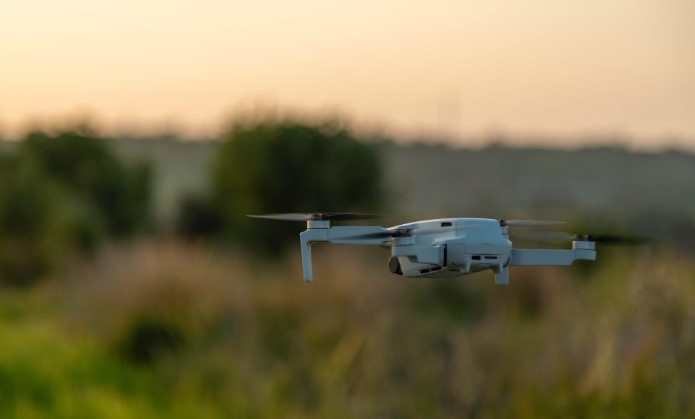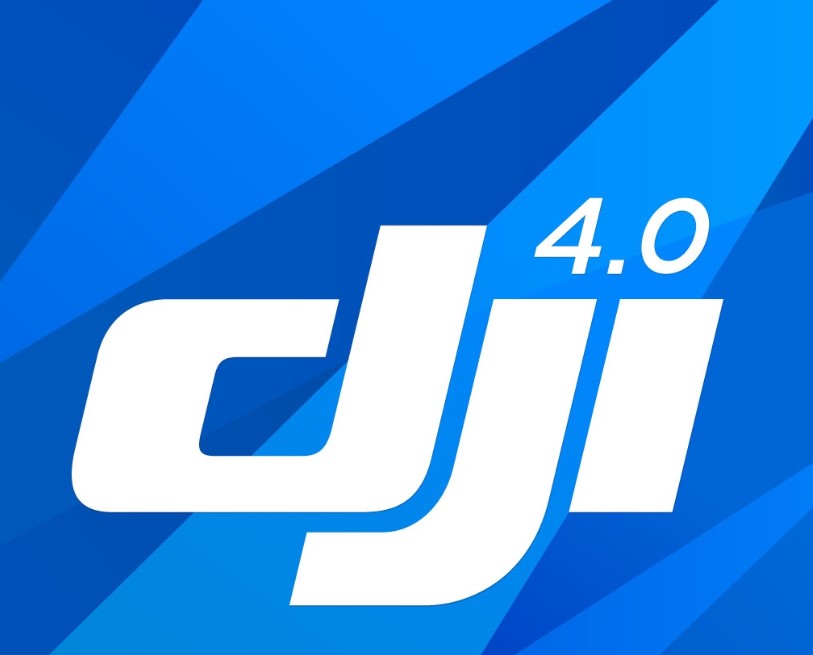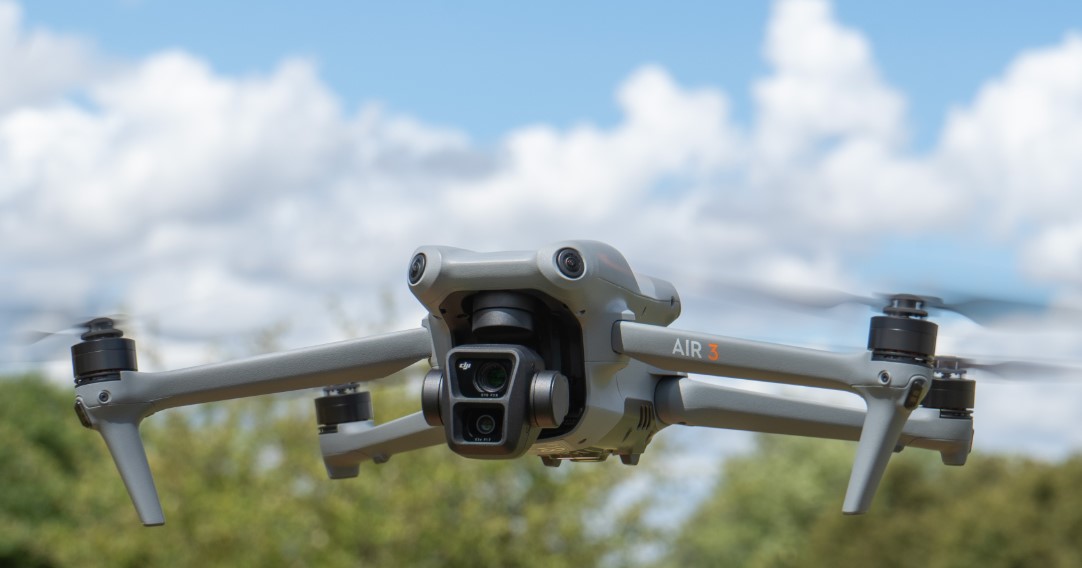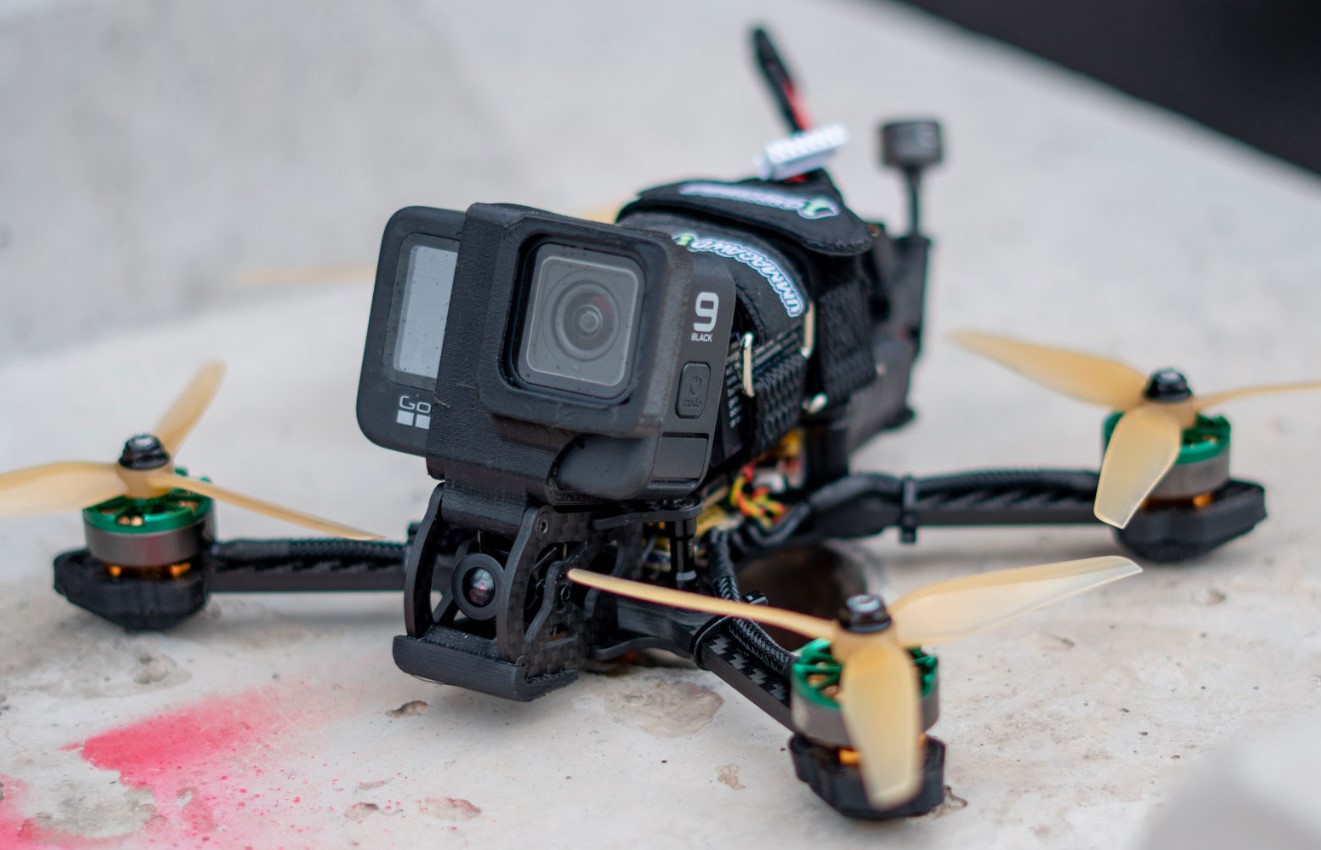The integration of drone technology into various sectors has revolutionized traditional practices, including wildlife management and hunting. In Wisconsin, the use of drones for deer recovery has garnered significant attention, prompting discussions about its legality and ethical implications. This essay delves into the legal framework governing drone-assisted deer recovery in Wisconsin, examines the benefits and challenges associated with this practice, and offers guidance for hunters considering the use of drones in their activities. Follow Dronevoz.com !!!
Is drone deer recovery legal in Wisconsin? Legal Framework in Wisconsin
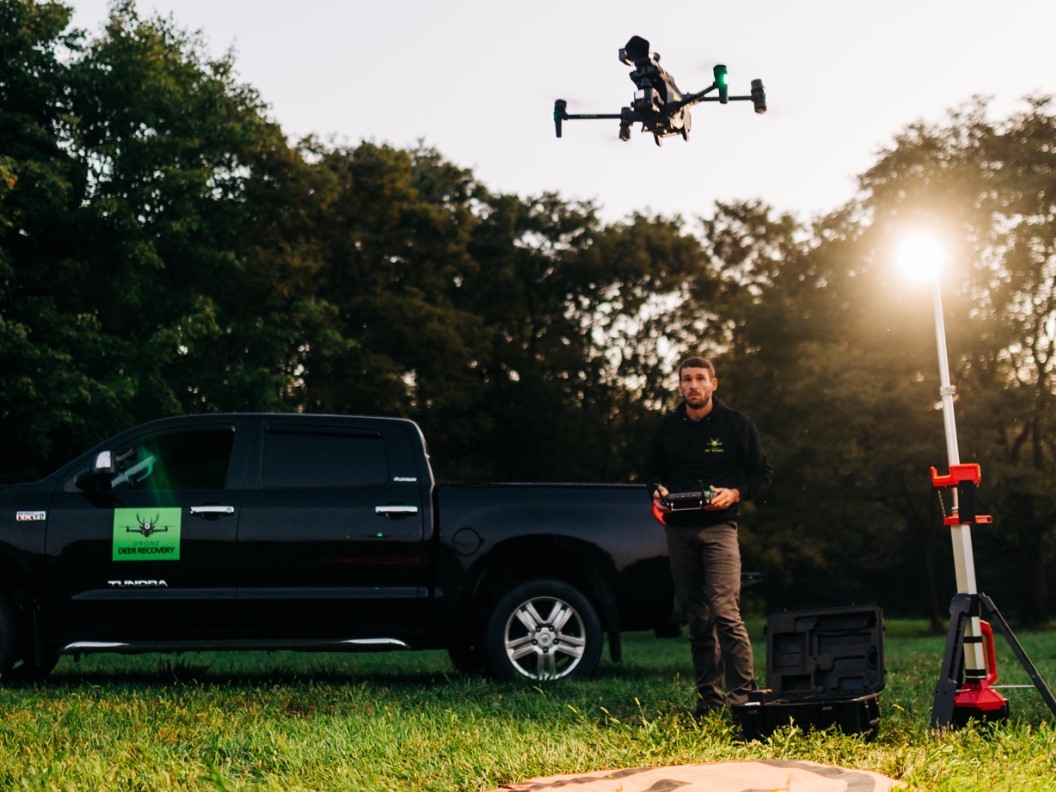
As of December 2024, the Wisconsin Department of Natural Resources (DNR) permits the use of drones, or Unmanned Aerial Systems (UAS), for the recovery of deceased game animals, including deer, under specific conditions. This clarification, issued on September 14, 2023, addresses the growing interest in utilizing drone technology for game recovery. However, it’s imperative to distinguish between using drones for recovery and for hunting purposes. The use of drones to aid in the active pursuit or hunting of game is strictly prohibited in Wisconsin. Drones cannot be employed to locate live animals for hunting, drive animals toward hunters, or otherwise assist in the hunting process. Such activities are considered unethical and are illegal under Wisconsin hunting regulations.
The DNR’s guidelines stipulate that drones may be used post-harvest to locate a deceased animal, provided that the drone’s operation does not violate any other state or federal laws. Operators must ensure that their drone activities comply with Federal Aviation Administration (FAA) regulations, including proper registration and adherence to airspace restrictions. Additionally, drone use is subject to local ordinances, and operators should be aware of any municipal regulations that may impact drone flights in specific areas.
>>> Read More: Top 5+ Best Drone For Deer Recovery
Benefits of Drone-Assisted Deer Recovery
The application of drones equipped with thermal imaging technology offers several advantages for deer recovery:
- Efficiency: Drones can cover large areas quickly, reducing the time required to locate a downed animal.
- Environmental Impact: Unlike traditional search methods, drones minimize human intrusion into wildlife habitats, reducing the risk of disturbing other animals or damaging the ecosystem.
- Success Rate: Skilled drone operators report high success rates in locating deceased game, even in challenging terrains or weather conditions.
Challenges and Considerations
Despite the benefits, several challenges and considerations accompany the use of drones for deer recovery:
- Regulatory Compliance: Operators must navigate a complex landscape of federal, state, and local regulations to ensure lawful drone use.
- Ethical Concerns: The potential for misuse of drones in hunting activities raises ethical questions and necessitates strict adherence to guidelines to maintain fair chase principles.
- Technical Limitations: Factors such as battery life, weather conditions, and dense foliage can impact a drone’s effectiveness in locating game.
Guidelines for Hunters
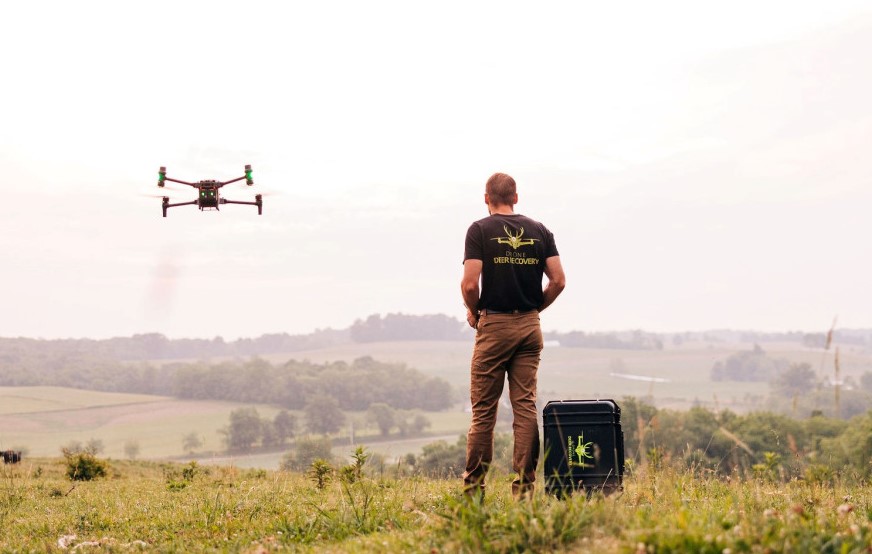
Hunters considering the use of drones for deer recovery in Wisconsin should adhere to the following guidelines:
- Understand the Regulations: Familiarize yourself with Wisconsin DNR guidelines and ensure compliance with all relevant laws.
- Obtain Necessary Certifications: Ensure that you have the required FAA certifications and that your drone is registered as mandated by federal law.
- Use Drones Responsibly: Limit drone use to post-harvest recovery efforts and avoid any activities that could be construed as assisting in the hunting process.
- Respect Privacy and Property Rights: Obtain permission before flying over private property and be mindful of individuals’ privacy.
- Stay Updated: Regulations can evolve; regularly consult the Wisconsin DNR and FAA websites for the latest information.
Conclusion
The use of drones for deer recovery in Wisconsin is legally permissible under specific conditions that separate recovery efforts from active hunting practices. While drones offer enhanced efficiency and reduced environmental impact in locating downed game, hunters must navigate a complex regulatory environment and adhere to ethical standards to ensure the integrity of the sport. By following established guidelines and maintaining a commitment to responsible drone use, hunters can effectively integrate this technology into their practices, enhancing game recovery efforts while upholding the principles of fair chase and wildlife conservation.
>>> Read More: Is Drone Deer Recovery Legal in Illinois?
